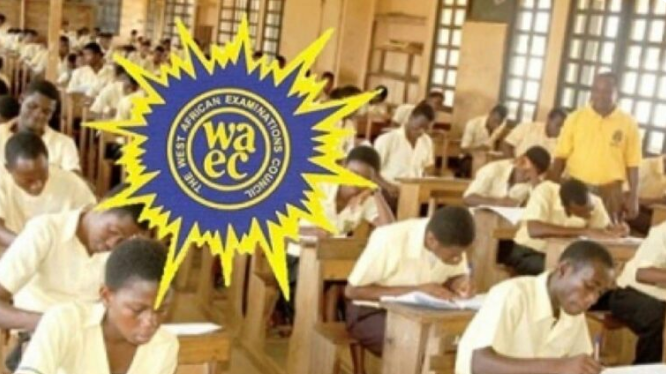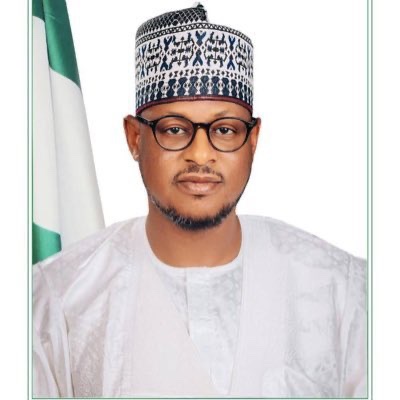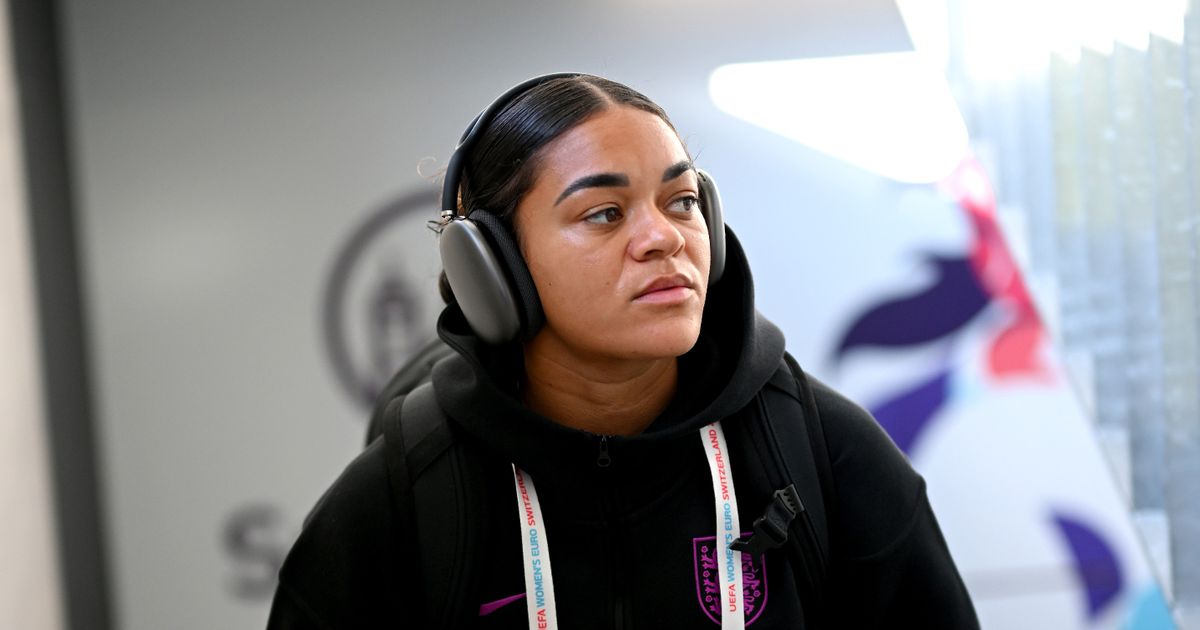
WAEC Breaks Silence: No Cancellation of 2025 WASSCE, Viral Reports Declared Fake

In a swift response to widespread panic and misinformation, the West African Examinations Council (WAEC) has officially debunked viral claims that the 2025 edition of the West African Senior School Certificate Examination (WASSCE) has been cancelled. The Council described the reports as not only false but also maliciously crafted to mislead the public, particularly candidates and their anxious families.
The rumour, which spread rapidly across social media platforms and various messaging apps, purportedly originated from a statement credited to the Federal Ministry of Education. It claimed that the annual examination was being cancelled due to unresolved logistical and administrative issues. The content was quickly picked up by unsuspecting bloggers and news aggregators, triggering panic among students, parents, school administrators, and the general public.
However, WAEC’s Head of Public Affairs, Mrs. Moyo Adesina, wasted no time in shutting down the rumour mill. Speaking to journalists on Sunday, July 20, 2025, Adesina firmly dismissed the report, branding it a complete fabrication devoid of any factual basis. “There is no iota of truth in the statement circulating online. It is false, fictitious, and clearly a figment of the imagination of its authors,” she said emphatically.
Adesina further disclosed that the marking of examination scripts was nearing completion and that WAEC was in the final stages of processing results. According to her, candidates who sat for the 2025 WASSCE can expect their results to be released soon, in line with the Council’s traditional timeline. “We are at the tail end of the marking process. Our teams are working diligently to ensure the results are ready and released promptly,” she assured.
The public statement, expected to be released later today, is aimed at reassuring stakeholders and reestablishing public trust in the credibility and integrity of WAEC. “We urge the general public, especially our dear candidates and their guardians, to ignore the false information making the rounds and await our official release,” Adesina added.
WAEC also took the opportunity to warn the public against falling for fake news and unofficial channels of information. The Council emphasized that any updates regarding its operations, including examinations, will always be published through its verified platforms and recognized news outlets. This is not the first time the examination body has had to counter such misleading claims, highlighting the growing challenge of misinformation in Nigeria’s digital space.
Education experts and stakeholders have condemned the authors of the fake report, describing their actions as reckless and insensitive, especially considering the emotional and mental strain students already endure during examination periods. Many have called on relevant authorities to investigate the source of the rumour and ensure that individuals responsible are brought to book.
Meanwhile, reactions continue to trail the clarification issued by WAEC. On social media, many users expressed relief, particularly students who had been distressed by the thought of their efforts being rendered meaningless by an exam cancellation. “I’ve been reading day and night for this exam, even stayed off social media. I almost passed out when I saw the post that it had been cancelled. Thank God WAEC has cleared the air,” a candidate tweeted.
Parents, too, welcomed the Council’s response. “This is what responsible institutions do — communicate clearly and promptly. We can now sleep easy knowing that our children’s future is not hanging in the balance because of false news,” said Mr. Timothy Okonkwo, a parent whose daughter just completed her WASSCE.
Some educationists have used the opportunity to stress the importance of media literacy, urging schools to include digital awareness and fact-checking as part of their curriculum. “It’s crucial that students, parents, and educators are equipped with skills to verify information. The damage fake news can cause, especially in matters as critical as national examinations, is immense,” said Professor Ladi Abayomi, an education consultant and former university lecturer.
This latest hoax adds to the growing list of misinformation plaguing Nigeria’s education sector. In the past, WAEC has had to refute similar reports regarding changes to examination formats, sudden shifts in timetable, or recruitment scams. The Council’s Public Affairs Department has remained proactive, often relying on press releases and social media posts to correct narratives and safeguard its reputation.
While the dust settles on this incident, it serves as another reminder of the power and danger of unverified information in the digital age. As misinformation becomes increasingly sophisticated and harder to detect, the responsibility lies on both the government and the populace to remain vigilant.
WAEC’s assurance not only restores confidence among 2025 candidates but also reaffirms the Council’s commitment to educational excellence and transparency. As thousands await their results in anticipation, the Council’s swift response has been lauded as timely and appropriate in preventing widespread hysteria.
As of the time of this report, the official statement from WAEC is expected to be released before the end of the day. The Council continues to encourage the public to refer only to its official website and verified social media accounts for authentic updates.
In an era where information travels faster than truth, the importance of fact-checking and digital responsibility cannot be overstated. The quick debunking of this viral claim serves not only as a victory for WAEC but as a lesson to all — that in matters of national importance, speculation should never substitute for official confirmation.


